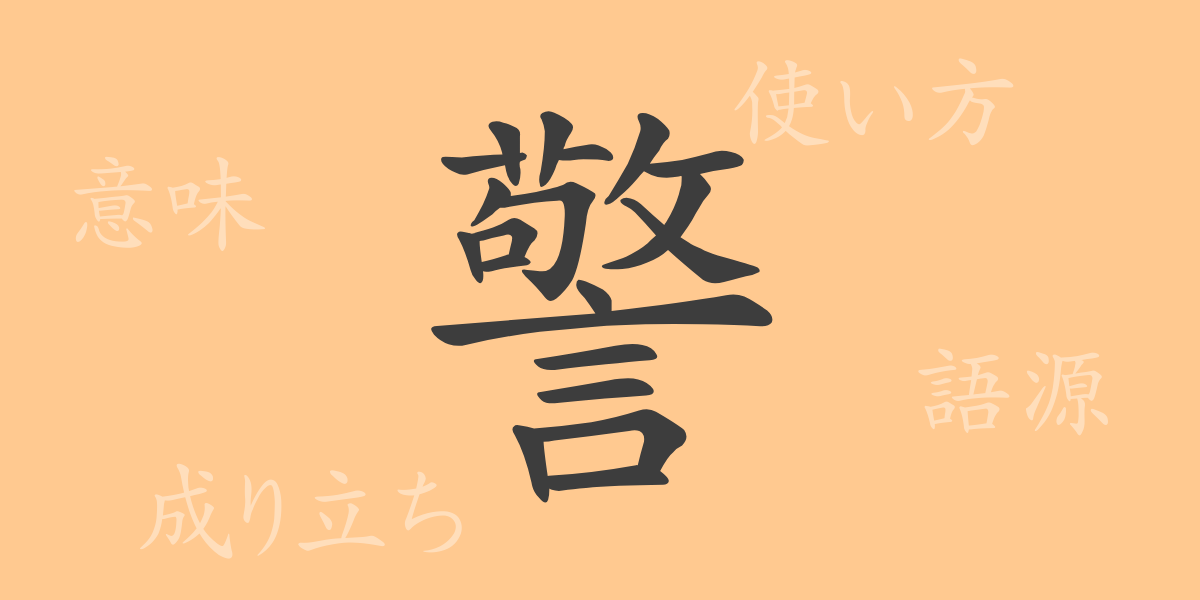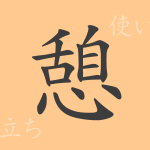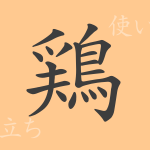In Japanese, there are many kanji characters, each with its own unique history and meaning. “警(けい, kei)” is one of the kanji frequently seen in daily life, playing an indispensable role in public safety and alerting. This article delves into the origin, meaning, usage, reading, and related idioms and proverbs of “警(けい, kei),” offering a comprehensive understanding of this important character.
Origin of 警(けい, kei) (Etymology)
The kanji “警(けい, kei)” is an ideogram that developed in ancient China. It is formed by combining the kanji “敬(けい, kei)” meaning “to respect” with the radical “言(ことば, kotoba)” meaning “word.” This combination suggests “respect through words,” which evolved into meanings related to alerting and cautioning, such as in “警戒(けいかい, keikai)” (vigilance) and “警告(けいこく, keikoku)” (warning).
Meanings and Uses of 警(けい, kei)
The kanji “警(けい, kei)” carries meanings such as “to be vigilant,” “to alert,” and “to wake up.” It appears in terms related to public safety like “警察(けいさつ, keisatsu)” (police) and “警報(けいほう, keiho)” (alarm), emphasizing safety. It is also used in psychological contexts, as in “警醒(けいせい, keisei)” which refers to mental alertness or awakening.
Readings, Stroke Count, and Radical of 警(けい, kei)
The kanji “警(けい, kei)” has specific readings and structural elements:
- Readings: The on’yomi (Chinese reading) is “ケイ(kei),” and there is no kun’yomi (Japanese reading).
- Stroke count: “警(けい, kei)” consists of 19 strokes.
- Radical: The radical is 言(ことばへん, kotoba-hen or ごんべん, gonben), meaning “word.”
Idioms, Expressions, and Proverbs Using 警(けい, kei)
Idioms, expressions, and proverbs containing “警(けい, kei)” are numerous in Japanese. Here are a few examples:
- 警察(けいさつ, keisatsu): The organization responsible for public safety and order.
- 警告(けいこく, keikoku): To warn and encourage improvement or behavior change.
- 警戒(けいかい, keikai): To be vigilant and watch carefully against danger.
- 警鐘(けいしょう, keishou): A metaphorical warning of danger or problems.
- 警策(けいさく, keisaku): Words or actions to admonish and encourage others.
Conclusion on 警(けい, kei)
The kanji “警(けい, kei)” has a rich history originating from ancient China and continues to play a crucial role in modern Japanese society. From the police who protect public safety to various warnings and alerts in daily life, “警(けい, kei)” is deeply rooted in our lives. Understanding this kanji helps us become more aware of our surroundings and the importance of maintaining safety and order.

























